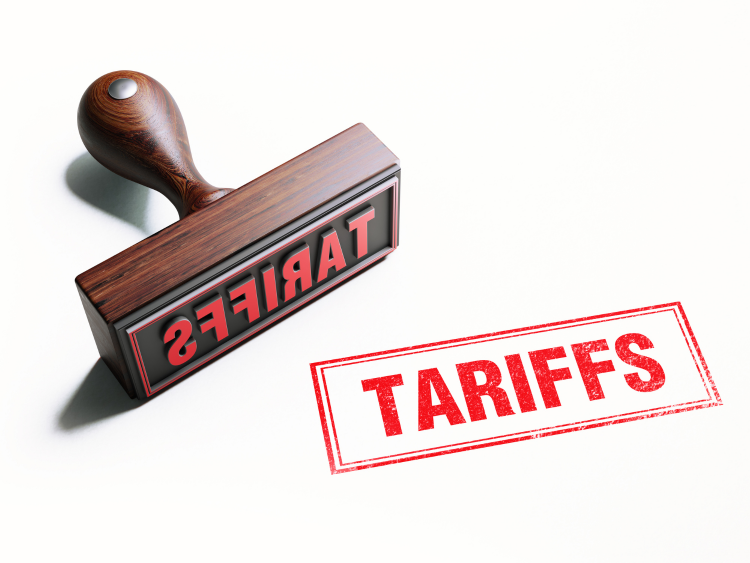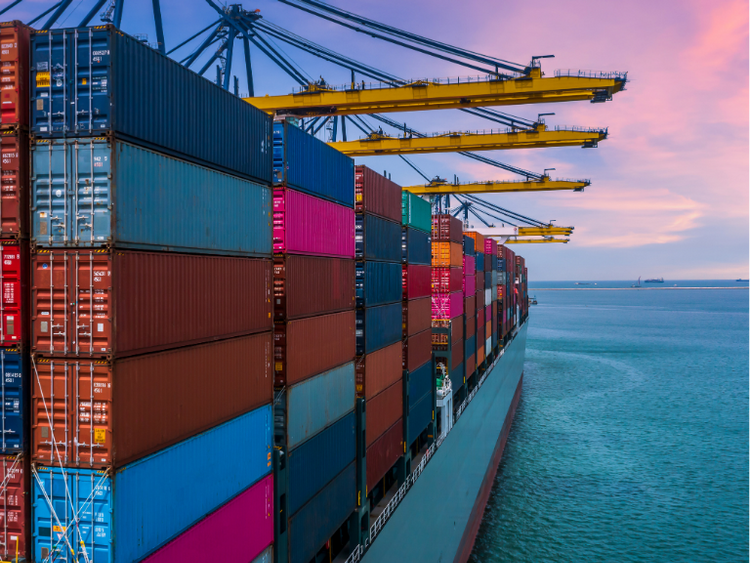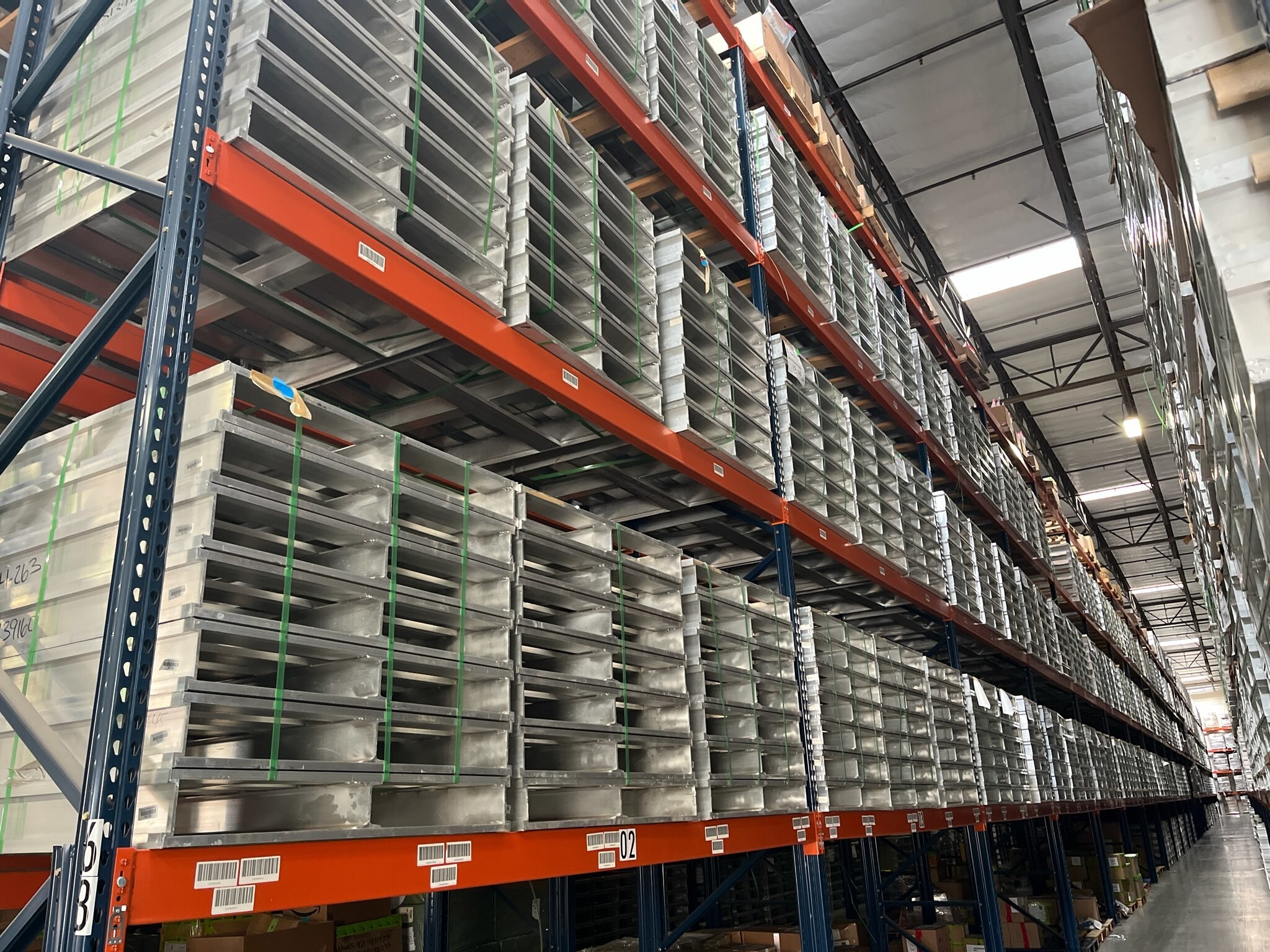Global Trade

May 30, 2025
Liberation Day denied: Court overrules IEEPA tariffs
Written by Nicholas Bell
A federal trade court found that Trump’s use of the International Emergency Economic Power Act (IEEPA) to justify tariffs early April and dubbed the “Liberation Day” tariffs was unconstitutional.
The Court of International Trade (CIT) ruling has struck down one of the Trump administration’s most sweeping tariff actions, ruling that the president exceeded his authority under the IEEPA when he levied a broad baseline 10% tariffs in addition to retaliatory tariffs on a vast majority of U.S. trading partners.
The decision stated that the IEEPA does not grant the executive branch unlimited power to impose tariffs without a clear national emergency. Trump’s justification citing the trade deficit was deemed too vague and insufficient to meet legal standards.
Elevated reciprocal tariffs were suspended shortly after implementation as part of a 90-day pause agreement and replaced with a baseline 10% tariff, but the pause was set to expire on July 8th. And since then, the ambitious “90 trade deals in 90 days” push has yielded around three agreements with the U.K., Vietnam, and India in response to the IEEPA tariffs, as well as a lowering of duties on China from 145% to 30%.
The tariff that won’t budge
Importantly, aluminum tariffs imposed under Section 232 remain unaffected. Those duties were enacted under a different statute, the Trade Expansion Act of 1962, and continue to apply. The court’s ruling was narrowly tailored to tariffs enacted via IEEPA, not those tied to national security rationale like Section 232.
Similarly, many of the automobile and auto part tariffs were instituted under the Trade Expansion Act and its subsequent amendments, particularly Section 301 of the Trade Act of 1974.
Fentanyl fallout
A separate batch of tariffs was imposed on Canada, Mexico, and China in response to their supposed role in fentanyl trafficking. Penalties ranging from 10-145% also drew on IEEPA authority.
That said, Canadian and Mexican-made auto parts were largely exempt from both Section 232 and IEEPA-based tariffs if they met USMCA content requirements – a shared provision across both tariff-regimes. Since the vast majority of these parts complied with USMCA rules, the impact of the IEEPA ruling is relatively narrow for this category.
Only a limited subset of non-compliant parts were actually subject to the now-invalidated IEEPA tariffs, making the decision more symbolic in this context than sweeping. This is reaffirmed by the executive order the administration signed that prevented both Section 232/301 tariffs and IEEPA auto-related tariffs from “stacking” on top of each other.
Payback time?
For companies that already paid IEEPA-based tariffs, the ruling is unclear on possible refunds.
The CIT decision made no mention of a government requirement to issue refunds on tariffs already incurred.
While the CIT may still mandate a refund, it’d be the U.S. Customs and Border Protection (CBP) that would determine how that claims process proceeds.
Typically, importers might file administrative refund claim with the CBP, typically through a filing called a Post Summary Correction (PSC). If all the bills haven’t been paid on the import order in question, they’d have 300 days to file a claim, if they’re all paid up, they’d have 180 days to do so.
While no automatic rebates have been dictated yet, successful PSC claims could allow importers to recoup duties paid.
That said, the refund process could take a while and require legal assistance or the use of customs-brokers familiar with tariff documentation. A surge in refund claims could amount to millions in returned revenue… or very little.
Legal earthquakes and market tremors
The aluminum supply chain, particularly in building and construction and consumer goods, is now in flux. Many firms shifted procurement strategies or raised prices to cope with the now-invalidated tariffs.
Some aluminum products were taxed under the IEEPA, but not Section 232. These include:
- Aluminum scrap
- Aluminum powder and flakes
- Forms of aluminum foil
Products pretty far downstream that utilize aluminum in their manufacture were hit exclusively by IEEPA tariffs, not Section 232 or Section 301 measures. That leaves a gray zone for how pricing and sourcing strategies will unwind post-ruling.
In the short term, the CIT’s decision resets the rules of engagement for executive tariff action. Going forward, any administration seeking to levy sweeping trade restrictions under IEEPA will likely face steeper legal scrutiny and be forced to demonstrate a bona fide national emergency.
The real test begins
This ruling marks a significant judicial check on the expansion of presidential trade powers. While Section 232 tariffs on aluminum remain, the nullification of IEEPA-based tariffs represents a win for imports and a warning to future administration overreach.
Companies now have a legal pathway to recover paid duties, though it may require burdensome claims process. And for the aluminum market, where supply chains and policy are tightly interwoven, this is a pivot point.
The ruling reasserts the importance of congressional oversight in U.S. trade law and reinforces that not all tariff tools are created equal.
The real test now will be whether this court decision reshapes the executive branch’s appetite for unilateral trade action – or simply forces it to get more creative in justifying it.








